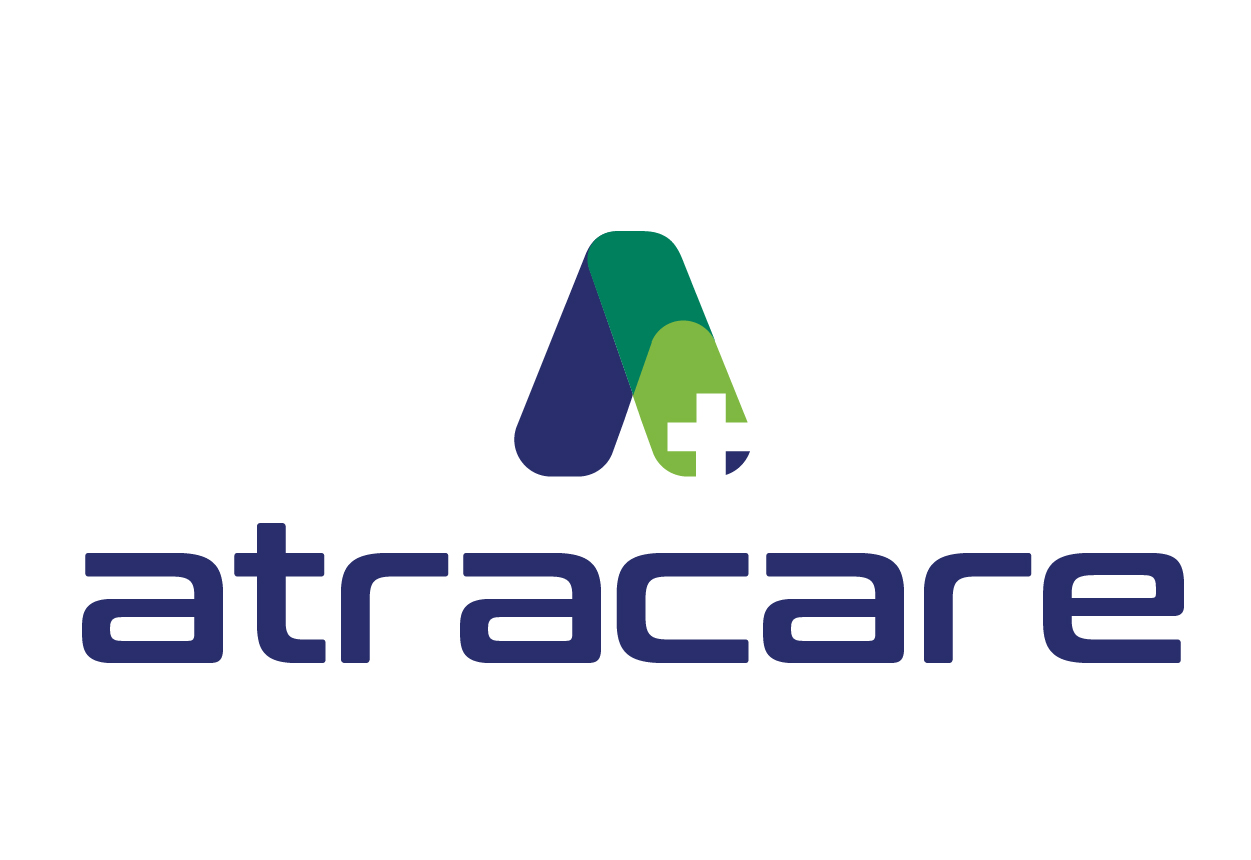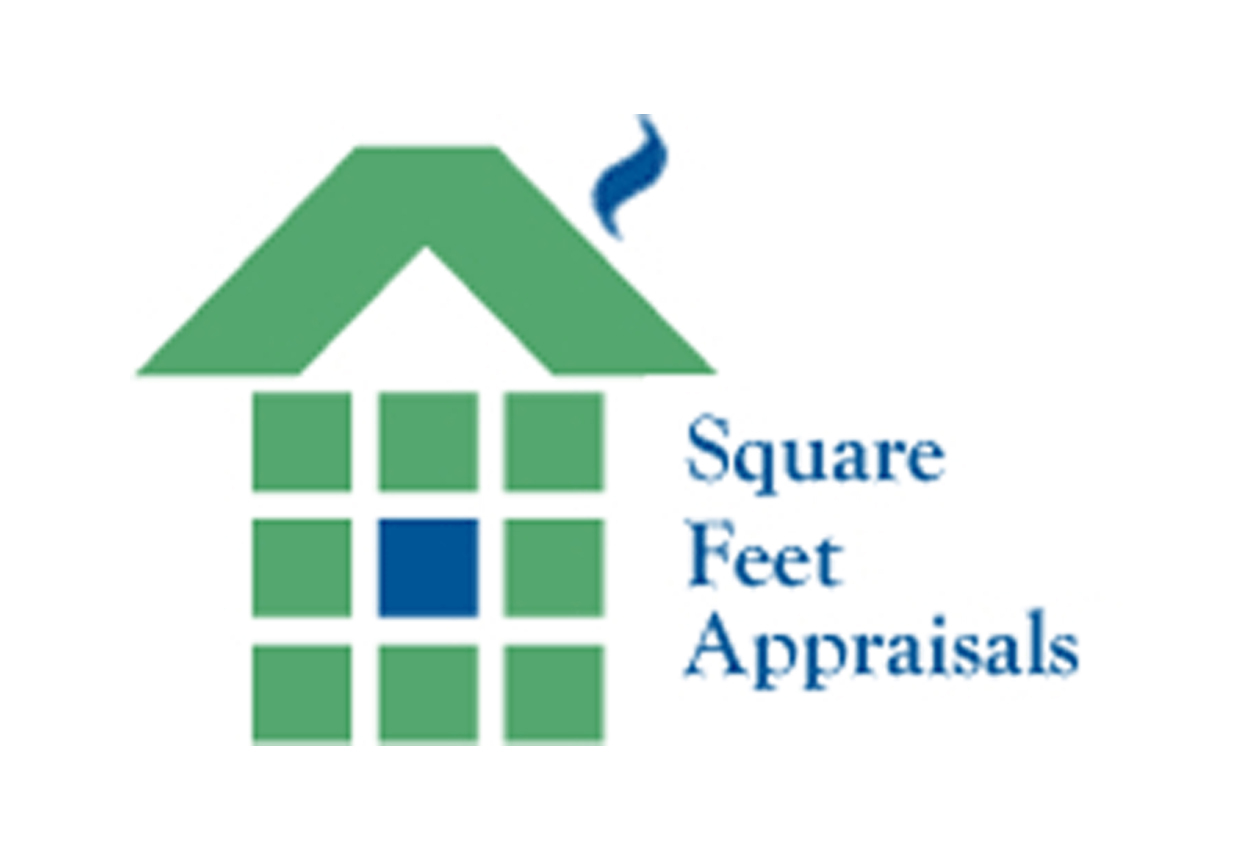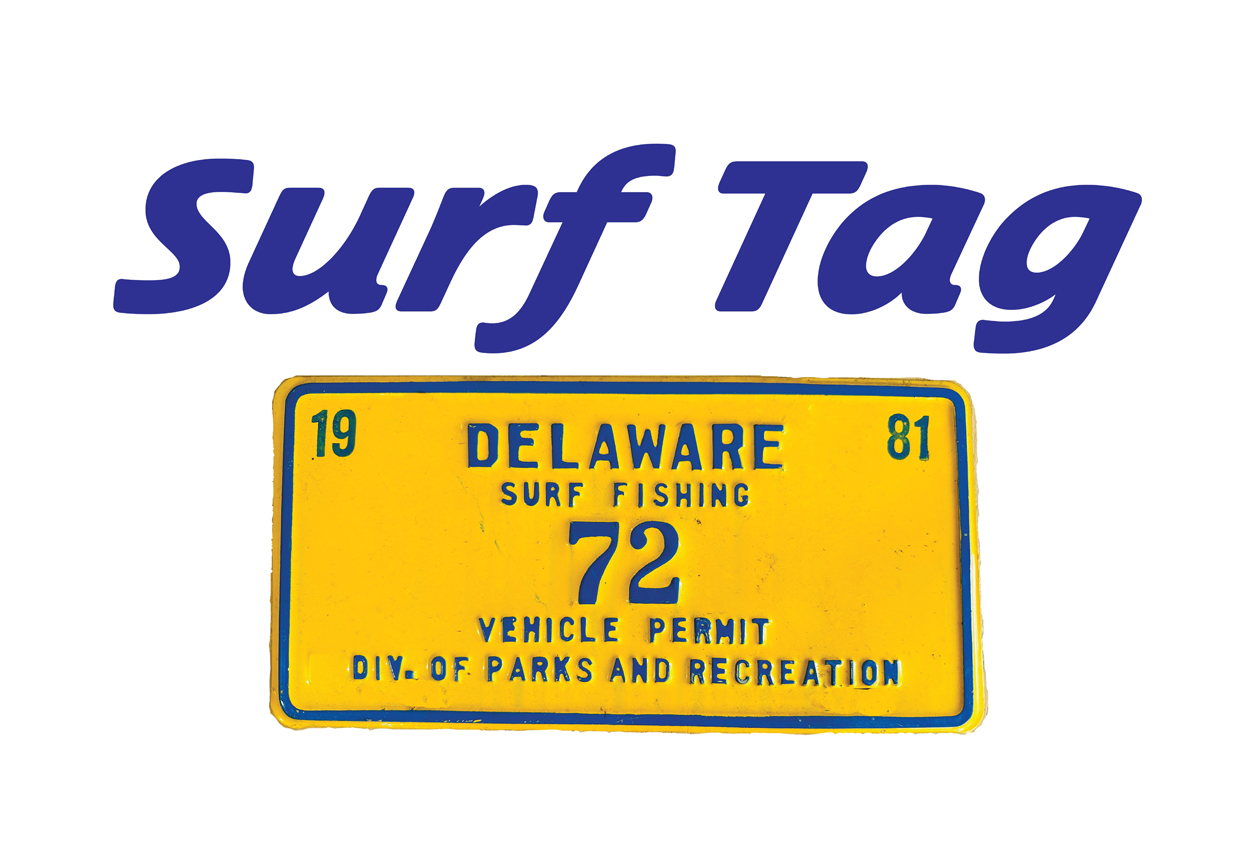Easing Tension Behind the Wheel: Practice Traffic Stops for Delaware’s Autism Community
For most people, getting pulled over is stressful. But for someone with autism, that stress can skyrocket.
Retired Delaware State Police Lt. Charles Sawchenko spent nearly 30 years on the force. One of the most important things he learned? No two traffic stops are the same—especially when the driver or passenger has autism.
“People with autism may have a little more anxiety than your natural person when it comes to interactions with other individuals, especially police officers,” he explained.
That’s exactly why Sawchenko has partnered with the Delaware Network for Excellence in Autism (DNEA). Together, they’re launching practice traffic stops designed to ease fears, build skills, and improve communication—for everyone involved.
A Safe Space to Practice, Learn, and Ask Questions
The first practice event takes place Tuesday, May 6, from 3 to 7 p.m. at Lums Pond State Park near Bear. It’s free, welcoming, and designed for people with autism and their families.
Here’s how it works:
-
Participants go through a mock traffic stop scenario: an officer pulls them over for rolling past a stop sign.
-
Officers approach the vehicle and go through the motions of a real stop.
-
Drivers or passengers get to experience what it feels like—and what to expect—without the pressure of an actual citation or fine.
The whole thing takes about 30 minutes, and yes, there’s time to do it more than once if needed.
“We want it to feel supportive,” says Alisha Fletcher, director of the DNEA. “This is a chance for individuals to ask questions, rehearse what to say, and build the confidence to self-advocate.”
Tools to Make Stops Safer and More Understanding
Let’s face it—driving is hard enough. Add autism into the mix, and it’s easy to see how the basics like pulling over, gathering paperwork, and answering questions can feel overwhelming.
That’s why the DNEA has created some practical, easy-to-use tools:
-
Visual scripts for what to say and do during a stop.
-
An autism ID card to give to officers that explains the individual may need extra time, patience, or support.
-
A gentle reminder for officers printed right on the card: a simple “You are safe” can go a long way.
“This is about opening the lines of communication,” Fletcher says. “Even small efforts can make a huge difference.”
Practice Helps Everyone—Even Officers
This isn’t just a training for drivers. It’s also a chance for police officers to better understand the unique needs of individuals on the spectrum.
Whether it’s a young adult driver or a passenger with autism, officers get valuable exposure to situations they might not otherwise see until it’s real—and stressful.
Sawchenko remembers one officer from New Castle who found the experience so powerful, they volunteered to help at the next session in Lewes.
Couldn’t Make the May Event? Mark Your Calendar
If you can’t attend the May 6 event at Lums Pond, you’ll have another chance:
📍 Cape Henlopen State Park, Lewes
📅 Thursday, October 23, 2025
Whether you’re a driver, a parent, or just someone who wants to be prepared, these events offer a safe space to learn and connect—with no judgment.
Final Thoughts: Why This Matters
When people with autism feel prepared—and when officers know how to respond with empathy—it can turn a stressful moment into a manageable one.
“These moments matter,” says Fletcher. “They help create trust, and that can have a ripple effect far beyond a single traffic stop.”
So let’s keep building bridges. One stop at a time.

























